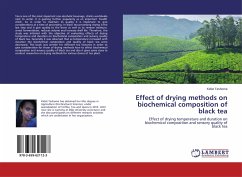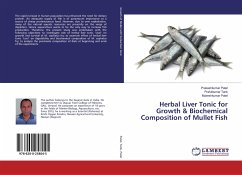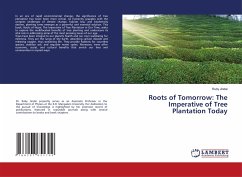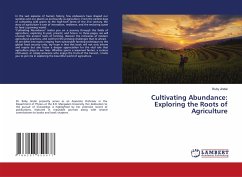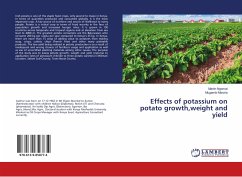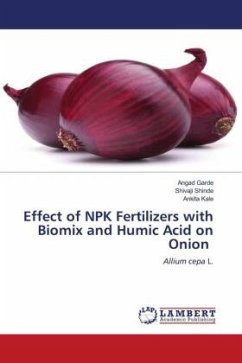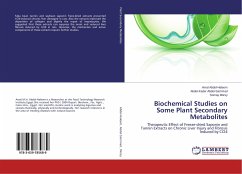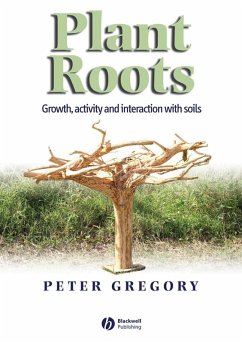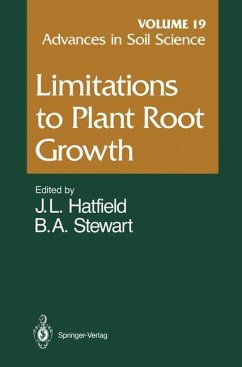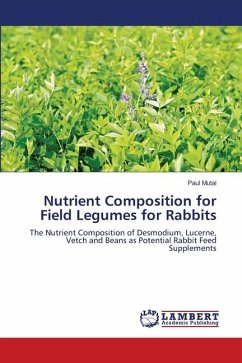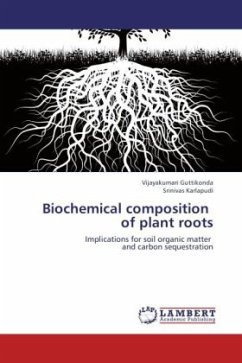
Biochemical composition of plant roots
Implications for soil organic matter and carbon sequestration
Versandkostenfrei!
Versandfertig in 6-10 Tagen
32,99 €
inkl. MwSt.

PAYBACK Punkte
16 °P sammeln!
The large amount of plant carbon allocated to roots and the biochemical recalcitrance of roots makes them preeminently suited for climate change mitigation through long term carbon sequestration in soil. Studies were conducted to quantify root and shoot biomass of two varieties each of sorghum and green gram grown under rainfed conditions, and to determine the biochemical composition of shoots and roots. While varieties of both the crops produced several times higher shoot biomass than root biomass, the quantities of root biomass were considerable. Roots were found to have considerably higher ...
The large amount of plant carbon allocated to roots and the biochemical recalcitrance of roots makes them preeminently suited for climate change mitigation through long term carbon sequestration in soil. Studies were conducted to quantify root and shoot biomass of two varieties each of sorghum and green gram grown under rainfed conditions, and to determine the biochemical composition of shoots and roots. While varieties of both the crops produced several times higher shoot biomass than root biomass, the quantities of root biomass were considerable. Roots were found to have considerably higher lignin content than shoots. The lignin:N ratio, which integrates the effects of lignin and nitrogen, the two most important residue characteristics influencing decomposition, was considerably higher for roots than shoots in both the crops, indicating the higher recalcitrance and lower decomposability of roots compared to shoots. Thus roots may play a significant role in reducing atmospheric carbon dioxide levels by sequestering carbon into stable soil organic matter pools with long turnover times.



